 Get
Get
Malawian Kwacha Fast!
- Free home delivery over £750
- with Royal Mail Special Delivery 1pm
- Better rates than the banks
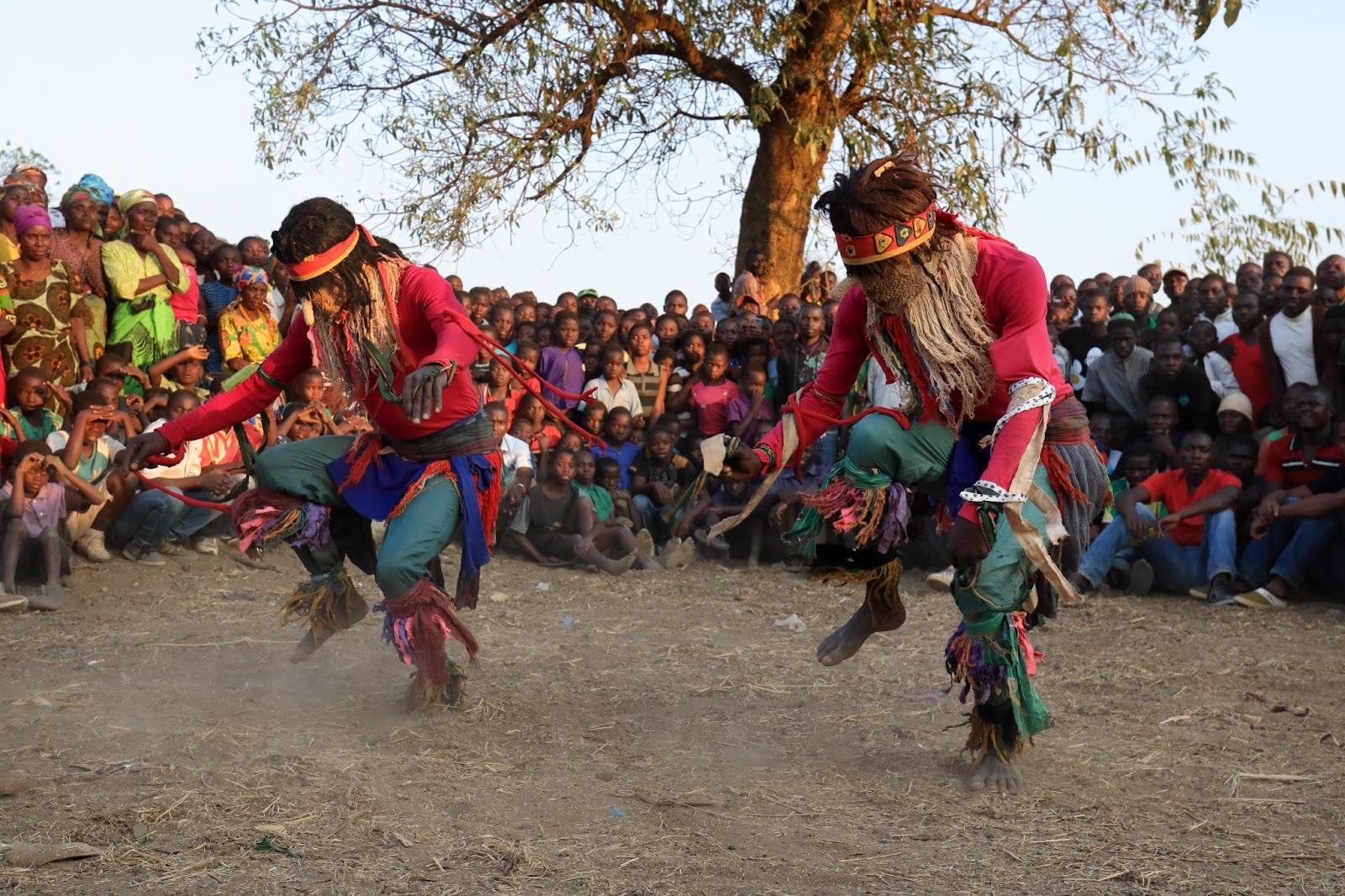
Are you planning a trip to Malawi?
Get the best rates for Malawian currency online
Embarking on a journey to Malawi? Secure the most competitive exchange rates for Malawian kwacha with Manor FX.
We make buying Malawi currency online easy, offering you the best exchange rates and more MK cash to enjoy.
Choose to have your Malawian kwacha banknotes delivered safely to your home or workplace. Alternatively, collect them from our conveniently located bureau near Heathrow.
We ensure quick delivery and a hassle-free online process for your Malawi kwacha travel money.
Malawian travel money
Prepare to delve into the wonders of Malawi. A Southeast African gem known for its stunning Lake Malawi, rich cultural heritage, and diverse wildlife.
Here’s what you should know about cash and card payments and the currency of Malawi.
Where can you get Malawian kwacha?
Because of its limited circulation outside Malawi, many banks don’t carry it.
Currency exchange bureaus like us are your go-to for exchanging British pounds to Malawian kwacha.
Find these bureaus in major cities and airports. But be cautious of airport exchanges. Watch out for their higher commissions and less favourable rates.
Online exchange platforms, like ours, offer an easier way to order Malawian kwacha for delivery.
Travel agents might also provide currency exchange services within their travel packages.
Always compare exchange rates and consider any fees or commissions that might increase the overall cost.
Buy your kwacha now
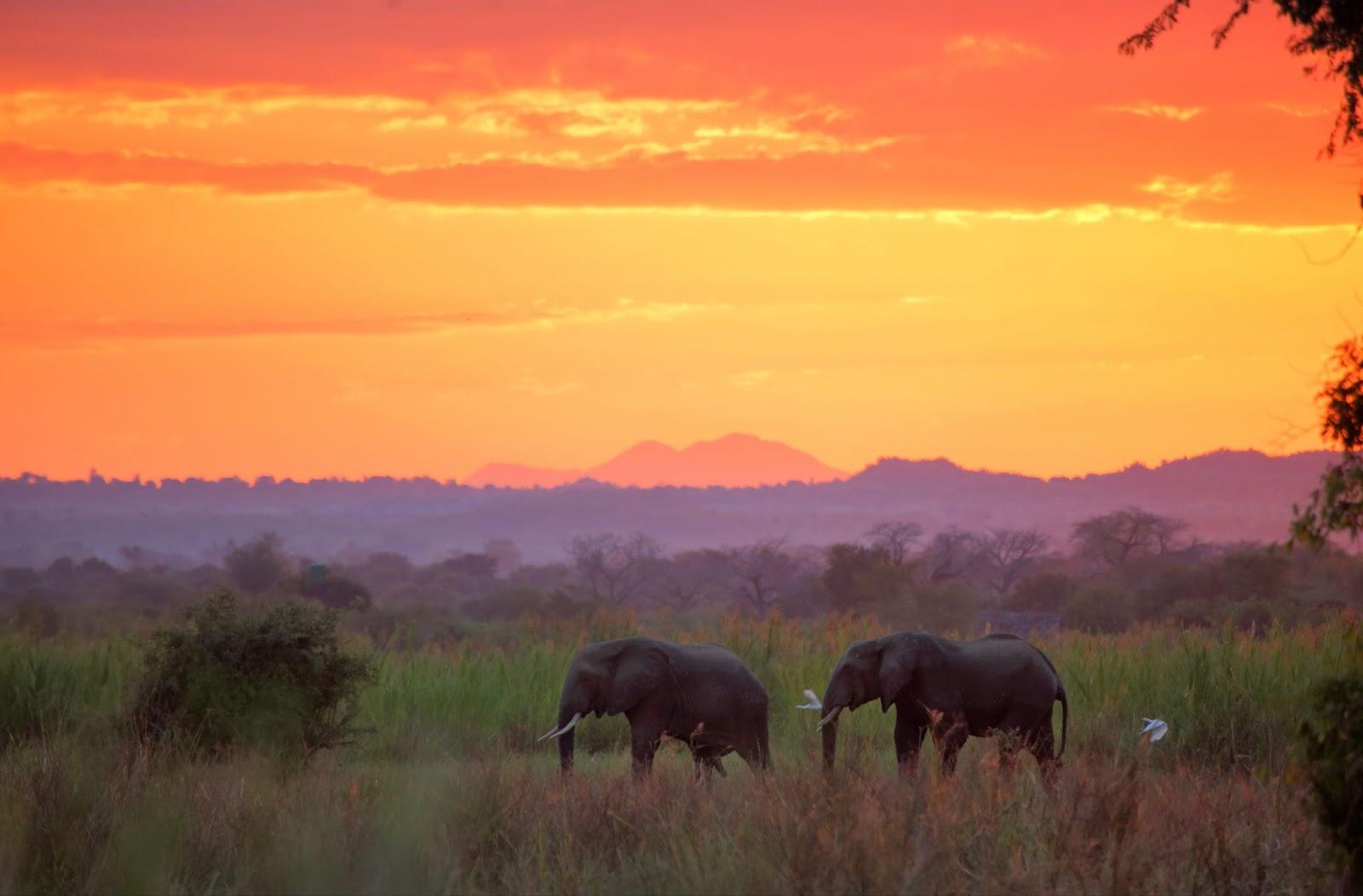
Can I buy Malawian kwacha in the UK?
Definitely! We’re here to let you know that you can easily buy Malawian kwacha before your trip. As a less commonly available currency, you’ll need to seek out specialists like us.
Handy tip: You’ve already found the best rates for your Malawian travel money – right here with us!
Should I exchange money before I travel to Malawi?
Yes, it’s advisable. Exchanging money before your trip guarantees you have local currency for initial expenses.
Cash is crucial outside main tourist areas. Exchanging beforehand also saves you the hassle of searching for a currency exchange upon arrival.
What is the best currency to take to Malawi?
The Malawian kwacha (MK) is the most accepted and used currency. It simplifies transactions and eliminates exchange rate concerns.
You could also carry some GBP, as some tourist spots and shops accept it. For USD, ensure they are new bills in small denominations.
A combination of MK for daily use and GBP for larger expenses or emergencies is a good strategy.
Don’t forget to change your Malawian kwacha to GBP on your return to the United Kingdom.
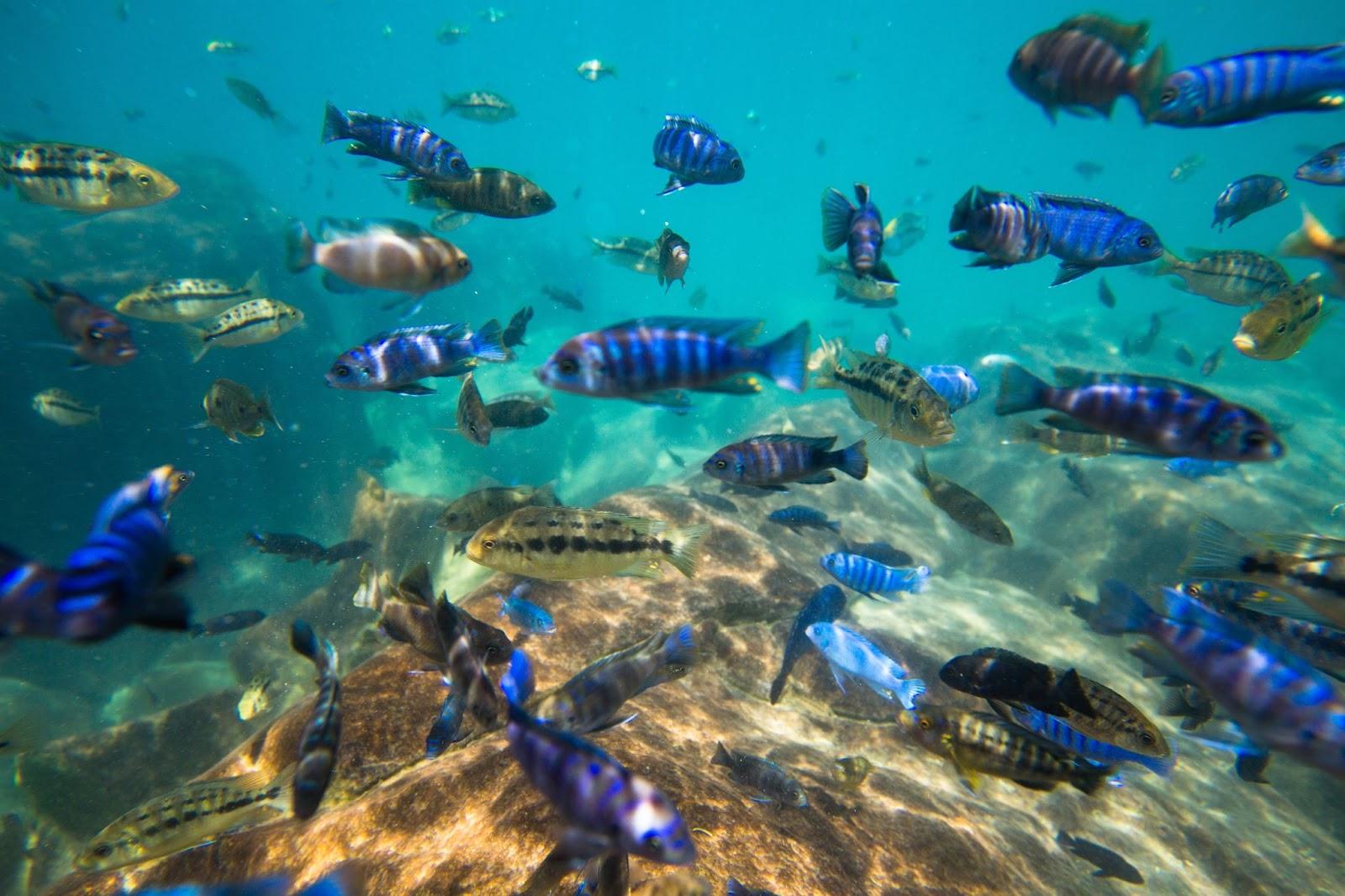
Can I use my debit card in Malawi?
Yes, cards are accepted in most international hotels, shopping centres, and chain restaurants in urban areas. Major debit and credit cards (Visa, MasterCard, etc.) are usually the safest bet.
Top tips:
- Confirm with your bank about card functionality in Malawi.
- Inform them about your travel plans to prevent any issues.
Friendly tip: Card payments may incur a 5% fee for bank charges in Malawi.
ATMs:
- Common in cities and towns for withdrawing Malawian kwacha.
- Be mindful of potential additional costs and currency conversion fees.
- Some ATMs may have withdrawal limits.
Currency conversion:
Choose to pay in MK for better exchange rates.
Fees:
Check with your bank and enquire about international transaction and ATM withdrawal fees.
Cash in rural areas:
Cash is more convenient in remote or rural areas.
Chip-and-PIN cards:
Make sure that your card has a chip and know your PIN number.
Your bank card can be a reliable companion in Malawi; just keep these points in mind.
Do you need cash in Malawi?
Yes, carrying cash is recommended, especially beyond the main cities. You’ll need cash for various transactions, including fuel and safari trips.
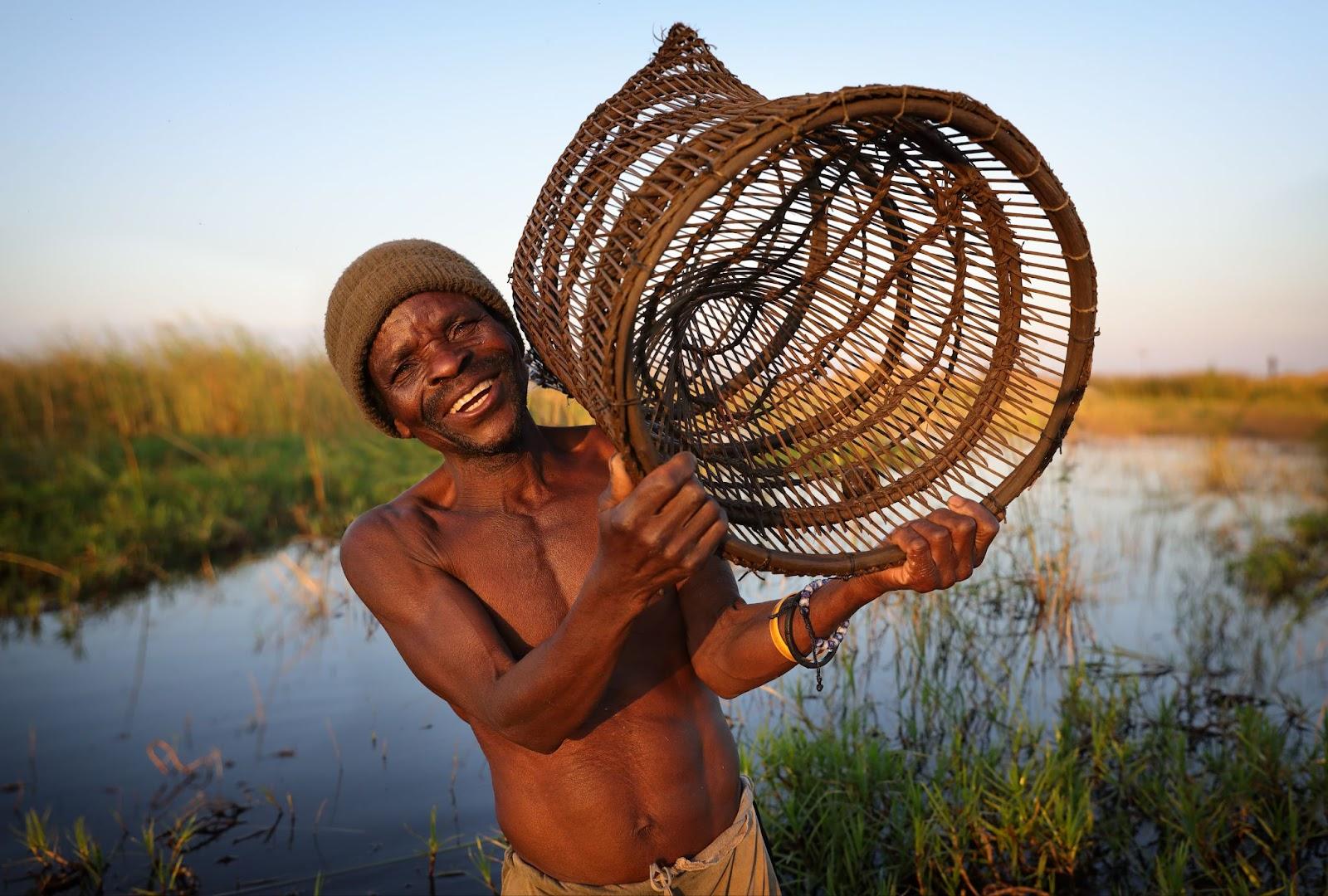
Is Malawi expensive?
Costs in Malawi are generally lower than in the UK. The average cost of living is about 50% less.
Here’s a quick comparison:
- A coffee in Lilongwe: around 800 MK (£0.80).
- A three-course meal: about 20,000 MK (£20).
Budgeting in Malawi
- Affordable options are available for accommodation, food, and local transport.
- Mid-range options offer comfort in major cities and tourist spots.
- Luxury experiences like high-end lodges and safaris are also available.
Tips for budget management
- Research and plan for an idea of prices.
- Consider all-inclusive packages for safaris.
Do you tip in Malawi?
Tipping is not a common practice in Malawi. However, you can tip for good service.
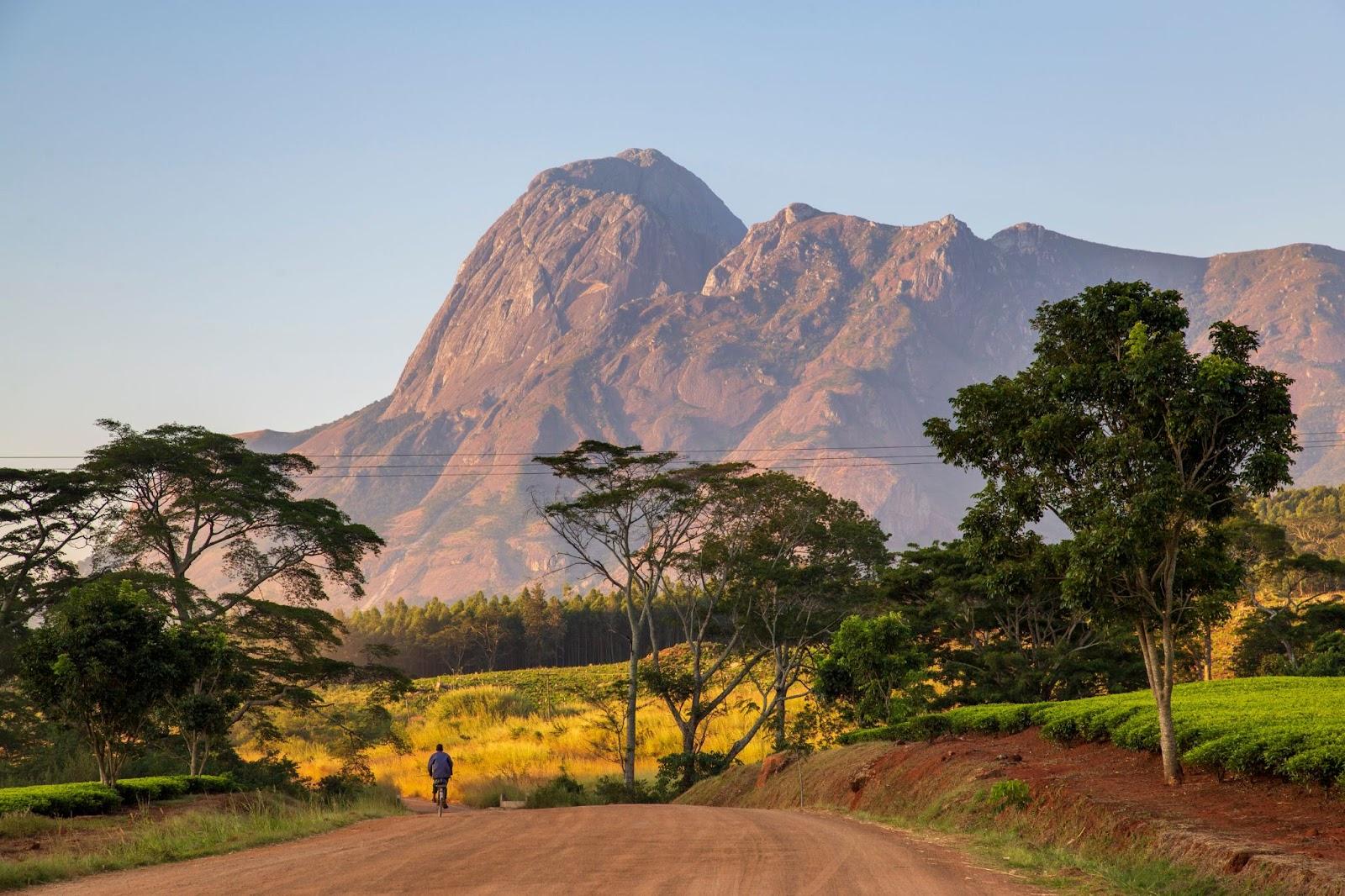
Buy your kwacha now
Malawian currency
Malawian kwacha banknotes and coins feature vibrant designs and reflect the country’s culture and biodiversity.
Banknotes
- Feature wildlife, cultural scenes, and historical figures.
- Current denominations: 20, 50, 100, 200, 500, 1,000, 2,000, and 5,000 MK.
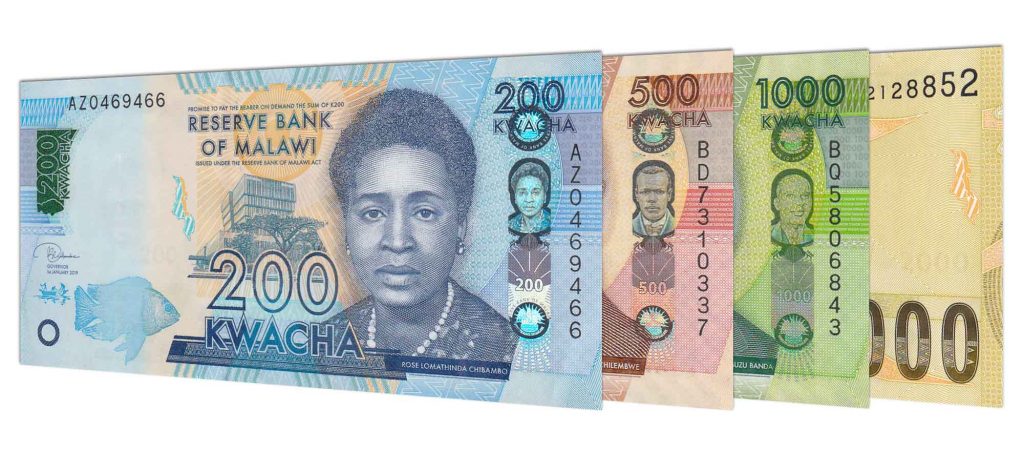
Coins
- Include 1, 5, 10, and 20 MK, and feature wildlife and national symbols.
- They offer a glimpse into Malawi’s cultural heritage.
How many tambalas make 1 kwacha?
In Malawi’s currency system, 100 tambalas make 1 Malawian kwacha. The tambala is the subunit of the kwacha. Similar to how pence are to the pound in the British currency system.
Currency import and export regulations in Malawi
There aren’t any restrictions on the amount of foreign or domestic currency. Declarations are required for amounts equivalent to or exceeding $5,000.
Ordering Malawian kwacha online
Order Malawian Kwacha online with us for fast and secure delivery. Or pick it up from our travel money shop near Heathrow.
Selling back Malawian kwachas
Do you have leftover travel money? We can help! Easily exchange Malawian kwacha to Sterling with Manor FX.
Follow our link to exchange Malawian kwacha to pounds. We offer good rates for any leftover Malawian kwacha.
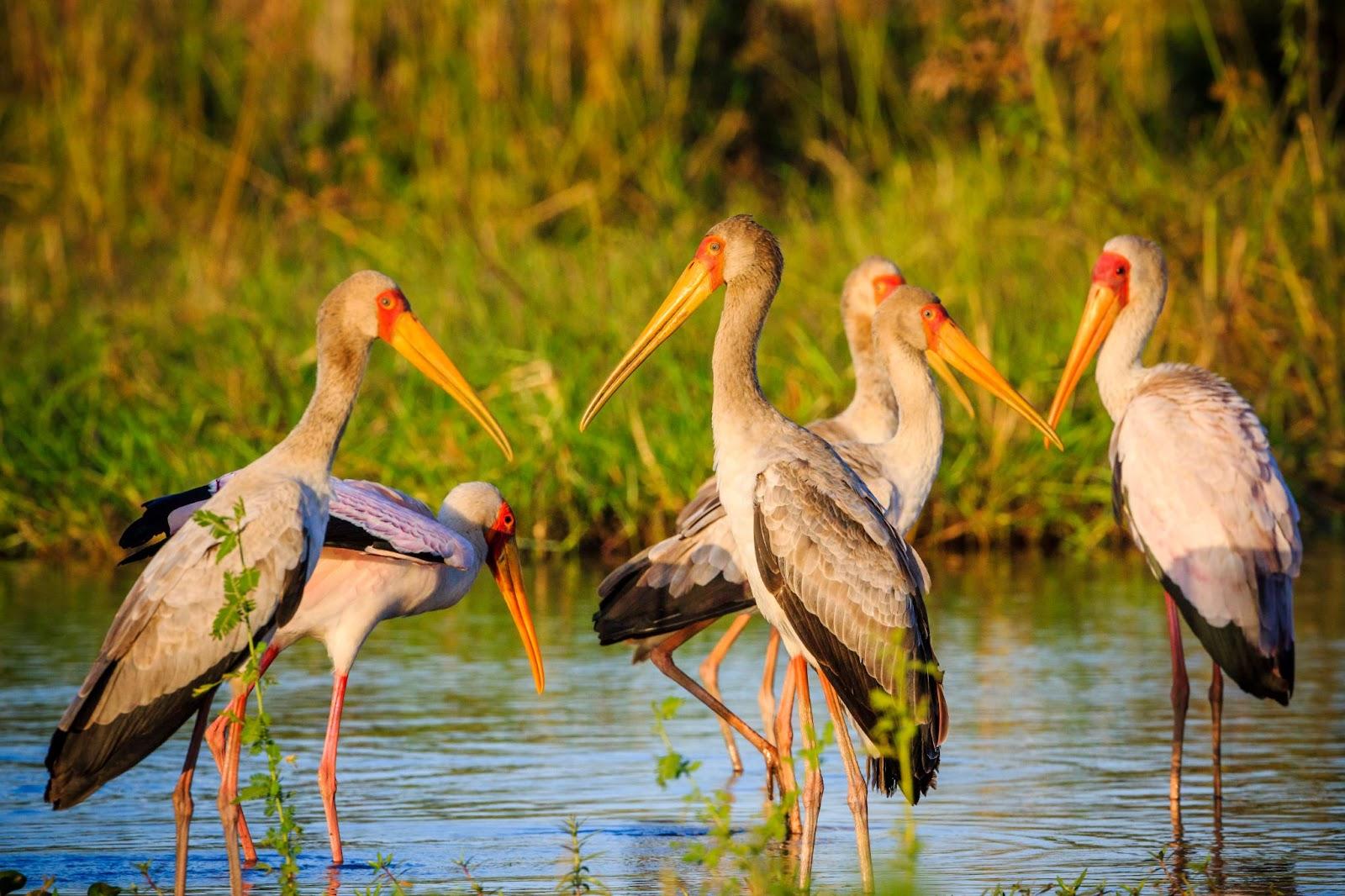
FAQs
Does a UK citizen need a visa for Malawi?
Yes, a UK citizen does need a visa to visit Malawi. The visa process can be obtained before travelling or upon arrival in Malawi. However, arranging the visa beforehand is often recommended to avoid any potential delays or issues at the airport.
Different types of visas are available depending on the purpose and duration of your visit. Standard tourist visas are suitable for short stays. If you’re planning a more extended visit or going for reasons other than tourism, you’ll need to apply for the appropriate type of visa.
Remember, checking the latest visa requirements and travel advice before your trip is essential, as immigration rules can change.
Be prepared and have all the necessary documents ready for a smooth travel experience.
What vaccines do I need for Malawi?
Update your routine vaccines, like MMR, diphtheria-tetanus-pertussis, varicella, polio, and the flu shot.
Most travellers should also get vaccinated against hepatitis A and typhoid. Depending on your travel details, you might need hepatitis B, rabies, meningitis, and possibly yellow fever vaccines. While there’s no malaria vaccine, preventive medication is recommended, along with measures to avoid mosquito bites.
Always consult a doctor well before your trip to get tailored advice for your journey to Malawi.
What are the hottest months in Malawi?
In Malawi, the hottest months are typically November to April. This period coincides with the country’s wet season.
During these months, temperatures can soar, especially in low-lying areas like the Shire Valley.
It’s a time of high humidity and frequent rainfall, which can sometimes be intense. If you plan to visit Malawi during these months, preparing for hot and humid conditions is good.
What is the rainy season in Malawi?
The rainy season in Malawi typically occurs from November to April. During these months, the country experiences its highest levels of rainfall.
This period can bring heavy downpours, especially in the afternoon or evening. While the rain can disrupt travel plans, it also transforms the landscape into lush, vibrant greenery. A beautiful time for those who don’t mind the wet conditions.
However, some rural areas may become inaccessible due to the rains, so it’s important to plan accordingly.
What is the best time to visit Malawi?
The best time to visit Malawi is during its dry season, May to October. During this period, the weather is generally warm and sunny, making it ideal for wildlife viewing as animals congregate around water sources. It’s also an excellent time for hiking and exploring the country’s stunning landscapes.
The dry season coincides with the cooler months of May to August, offering comfortable temperatures for outdoor activities. From September to October, temperatures start rising, but it’s still an excellent time to visit, especially for those interested in seeing wildlife.
If you’re interested in experiencing Malawi’s lush greenery and birdwatching, the wet season, from November to April, can also be appealing. However, heavy rains during this period can make some roads impassable and limit access to certain areas.
What are the best things to do in Malawi?
Malawi, known as the “Warm Heart of Africa,” offers a range of exciting activities for visitors. Here are some of the best things to do:
- Explore Lake Malawi: This vast lake is a focal point for water sports, including snorkelling, diving, kayaking, and sailing. Its clear waters and abundant fish life make it a haven for underwater enthusiasts.
- Wildlife safaris: Malawi’s national parks, like Liwonde and Majete, offer incredible wildlife viewing. You can spot elephants, hippos, and a variety of antelope species. Some parks also now have big cats following recent conservation efforts.
- Hike Mount Mulanje: This massive granite inselberg is a dream for hikers. The trails offer breathtaking views and the chance to see diverse flora and fauna.
- Visit the Tea Estates of Thyolo: The rolling hills of Thyolo are dotted with tea estates. Visitors can tour the estates, learn about tea production, and enjoy tastings.
- Cultural tours: Visit traditional villages to learn about Malawi’s rich cultural heritage. These tours often include music, dance, and storytelling.
- Bird watching: With over 650 bird species, Malawi is a paradise for birders. National parks and wildlife reserves are ideal spots for bird watching.
- Relax on the beaches: The shores of Lake Malawi offer beautiful beaches perfect for relaxation and enjoying the African sun.
- Explore the Capital, Lilongwe: The city mixes traditional and modern with markets, gardens, and cultural centres.
- Kayak on the Shire River: For a more adventurous experience, kayaking on the Shire River offers encounters with wildlife and stunning natural scenery.
- Visit the Zomba Plateau: This area offers cool climates, walking trails, waterfalls, and panoramic views over the plateau’s edge.
Each of these activities offers a unique way to experience Malawi’s natural beauty and cultural richness.
Feel the Trustpilot love

Great competitive rates & friendly & helpful staff. Easy to order online & collect in person or delivery.

Great, fast and reliable service would certainly use again for my travel needs, as the rates are the best around!

This amazing company have gone above and beyond in getting a large amount of a rare currency across the pond to Ireland.

Great rates and really responsive, friendly customer support, will definitely be using Manor FX again.

Manor FX gave me a better rate than my bank with great customer service, I highly recommend them.

Family run business that’s always super helpful. Manor FX’s rates are always really good as well!
 Get
Get
Malawian Kwacha Fast!
- Free home delivery over £750
- with Royal Mail Special Delivery 1pm
- Better rates than the banks